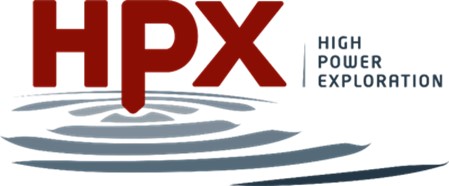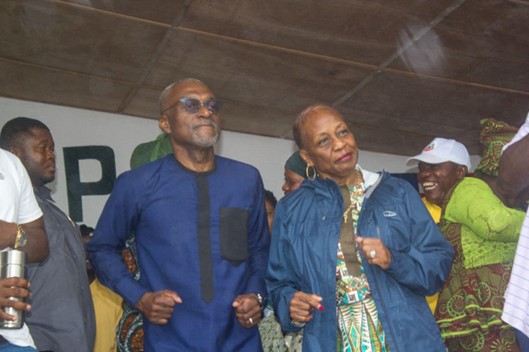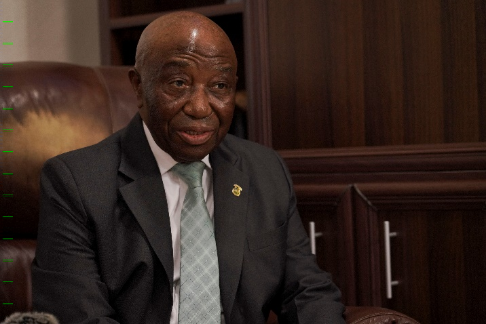Liberia stands at a critical juncture in defining its railway future, as the country seeks additional foreign investments in fulfillment of promises of job creation and infrastructure development. But not all investments are created equal—some carry risks that could compromise national interests.
High Power Exploration (HPX), a company led by billionaire Robert Friedland, is lobbying intensely for access to Liberia’s railway and port infrastructure, yet its path is riddled with unanswered questions and geopolitical uncertainty.
At the heart of HPX’s push is the Yekepa-Buchanan railway, a crucial asset that has been at the center of Liberia’s post-war economic revival. The company claims it needs the railway to export iron ore from the Nimba deposit in Guinea.
However, despite HPX’s aggressive lobbying in Liberia, Guinea—the country that actually controls the ore—has made no clear commitment to allowing cross-border transport. Without Guinea’s explicit approval, HPX’s entire plan remains speculative at best. This raises serious concerns about Liberia being used as a pawn in a high-stakes business maneuver.
HPX has a history of unconventional dealings, including a controversial $35 million payment to the George Weah administration, made outside any officially ratified agreement. Now, the company is pushing for infrastructure access without concrete proof that it can legally move ore from Guinea.
For Liberia, the stakes go beyond just rail access. Guinea’s own US$15 billion infrastructure plan, which includes a 670-kilometer railway and a deep-water port at Moribayah, signals a clear intent to control its mineral exports. Given these developments, why would Guinea approve HPX’s use of Liberian infrastructure when it is building its own?
An official at the Ministry of Mines and Energy put it bluntly: “HPX is behaving as if Guinea has already agreed, but that’s not the case. If Liberia rushes into an agreement without clarity from Guinea, we could find ourselves in a very difficult diplomatic position.”
HPX’s push is not just a business deal—it is a test of Liberia’s economic and diplomatic strategy. Does Liberia grant rail access now and hope Guinea falls in line later? Or does it insist on verified guarantees before entertaining such an arrangement? The answer could define how the country handles future investments and whether it is seen as a serious player in the global mining industry or a nation vulnerable to external pressures.
Liberia must approach this deal with caution. The government must demand full transparency from HPX, including official documentation proving Guinea’s approval, before considering any agreements. Anything less risks turning Liberia’s critical infrastructure into a bargaining chip in a deal where the real power lies outside its borders.





